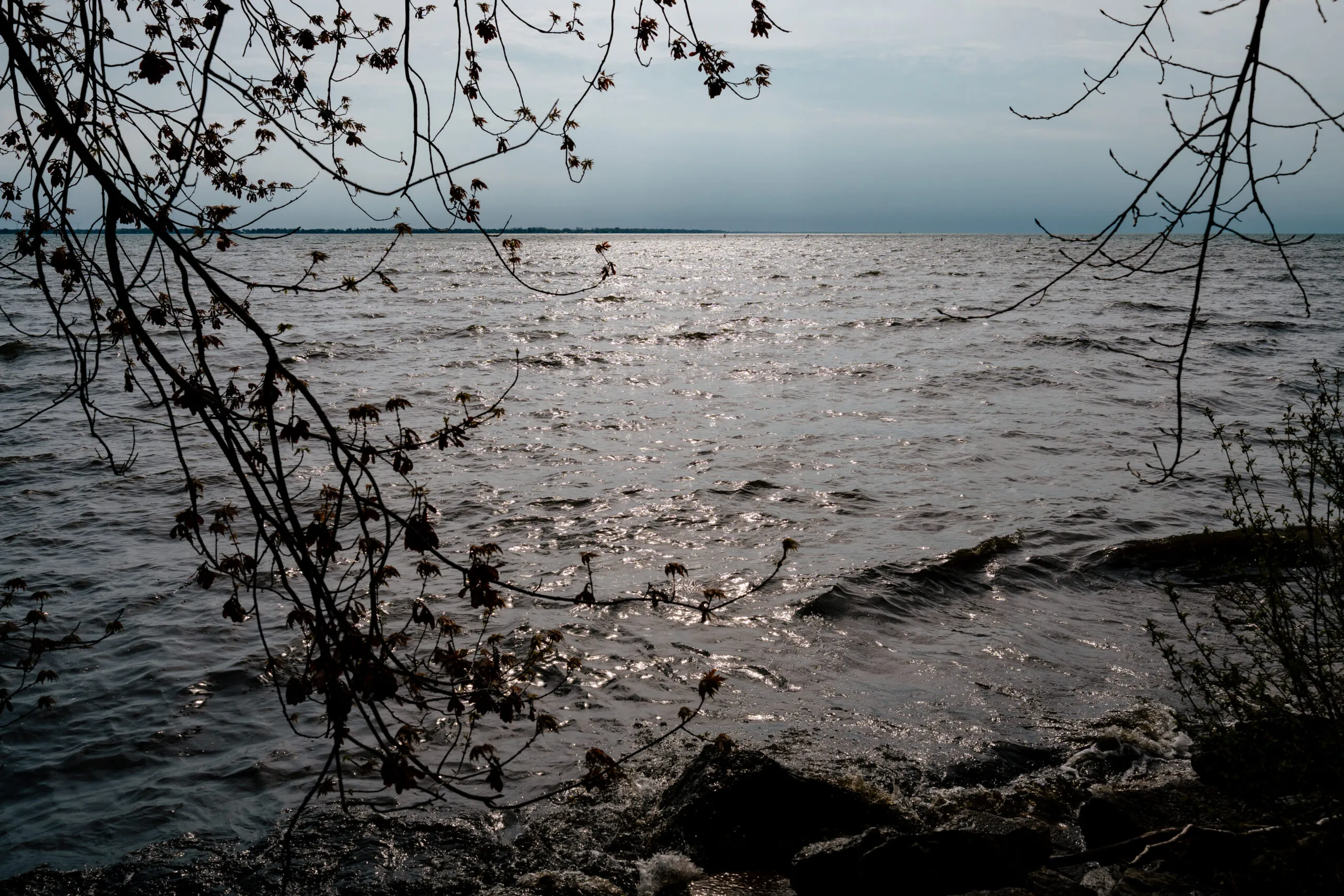The Great Lakes Crisis: Under Threat from Federal Cuts and Deregulation
The Great Lakes, a collection of five freshwater lakes—Superior, Michigan, Huron, Erie, and Ontario—hold about 20% of the world’s fresh surface water. This vast resource is critical for millions of Americans. It supports drinking water, recreation, and numerous ecosystems. However, recent actions by the federal government, particularly under the Trump administration, have raised serious concerns about the future of this vital water supply.
The Importance of the Great Lakes
Over 30 million people depend on the Great Lakes for drinking water. Additionally, the lakes are essential for industry, agriculture, and tourism, contributing approximately $7 billion annually to the regional economy. But beyond the statistics, the Great Lakes are a source of cultural and natural heritage for the surrounding communities. It’s not just about the water; it’s about the preservation of a way of life.
The Dangers of Deregulation
In recent years, the push for deregulation within federal agencies has culminated in alarming cutbacks to vital environmental protections. During his presidency, Donald Trump’s administration made significant cuts to various programs aimed at protecting water quality, including those managed by the Environmental Protection Agency (EPA) and the National Oceanic and Atmospheric Administration (NOAA).
Impact on NOAA
NOAA, an agency crucial in monitoring weather patterns and maintaining the health of aquatic ecosystems, faced severe budget reductions. As noted by environmentalists, these cutbacks could endanger freshwater resources and undermine the agencies tasked with safeguarding them. For instance, NOAA’s Great Lakes Environmental Research Laboratory has been instrumental in studying the impacts of climate change on these water bodies. With reduced funding, vital research into the sustainability of fish populations, water quality monitoring, and invasive species management has been compromised.
The Scientific Research Cuts
One of the biggest concerns is the dismantling of critical research labs that address pressing environmental challenges. In Illinois, the Great Lakes Restoration Initiative saw funding cuts that hindered essential projects aimed at cleaning up toxic contamination and restoring habitats. Michigan Senator Debbie Stabenow highlighted that this could lead to “millions of Americans losing access to clean water, increased flooding, and degraded ecosystems.”
Climate Change and Its Implications
As climate change accelerates, the Great Lakes are experiencing substantial transformations. The warming trend is impacting ice cover, leading to prolonged algal blooms, which can produce toxins harmful to both humans and wildlife. Scientific studies had previously projected that without effective intervention, these algal blooms could significantly increase in frequency, posing severe health risks to communities relying on the lakes for drinking water.
A Government Downsize: Crisis or Opportunity?
The narrative surrounding government downsizing often revolves around reducing expenditure and increasing efficiency. However, in the realm of environmental protection, this can often spell disaster. The cuts made during Trump’s administration were justified under the guise of shrinking government size but came at the cost of critical climate research and water safety programs.
Ecosystem Management at Stake
Restoration projects that once benefitted from federal funding have come to a standstill. The rampant invasive species, such as the infamous Asian Carp, threaten the delicate balance of the Great Lakes’ ecosystems. The Ballast Water Management Program, designed to prevent the introduction of invasive species into the lakes, is also facing regulatory rollbacks, further exacerbating the problem.
The Role of Local Governments and NGOs
In response to these federal cutbacks, local governments and nonprofit organizations have begun to step in, yet the strain on their limited resources is palpable. Many local agencies are now called to fill the gaps created by the disappearance of federal support for essential research and monitoring. This creates unequal burdens, particularly on smaller communities that might lack the financial resources to invest in vital environmental protection services.
The Call for Action
The urgency of the situation has stirred a collective call to action among environmental advocates, local leaders, and concerned citizens. The push to restore financial support for Great Lakes research and advocacy has become a rallying cry in many communities. Local initiatives, such as “Save the Great Lakes” campaigns, are drawing attention to the challenges and galvanizing public interest and involvement.
Advocating for Resilience
As climate change remains an ever-present threat, it’s essential for communities, states, and the federal government to band together to invest in sustainable practices that enhance resilience. This includes revisiting policies that protect wetlands, investing in green infrastructure solutions, and ensuring agencies like NOAA and the EPA are well-funded.
The Future of the Great Lakes: A Shared Responsibility
In closing, the fate of the Great Lakes is tied directly to our commitment to protect this precious resource. Federal funding cuts and deregulation weaken the safeguards that have been established to maintain water quality and ecosystem health. As stewards of the environment, all Americans have a responsibility to advocate for well-funded environmental research and policies that serve the public good.
Conclusion: A Call for Environmental Stewardship
The Great Lakes are not just a source of water; they are a lifeblood connecting various ecosystems and communities nestled within the region. As the call for environmental stewardship grows louder, it is crucial that a collaborative approach is taken to revive funding, maintain scientific research, and promote sustainable practices that appreciate the intrinsic value of these water bodies. Without such efforts, millions may lose access to clean water, while the ecological integrity of one of the world’s largest freshwater ecosystems hangs in the balance.







